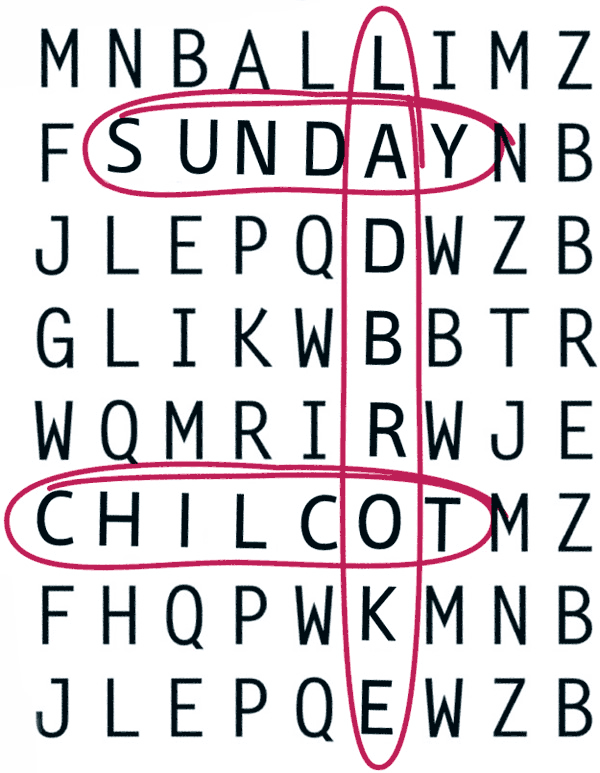
Charles Brasted explains how public inquiries have become the universal panacea for controversy
Despite the introduction of the Inquiries Act 2005 (IA 2005), which sought to put public inquiries on a consistent statutory footing, questions remain as to how they should operate and how they interact with other on-going legal proceedings. With the frequency and scope of inquiries growing, these questions are becoming increasingly important.
Recently, amid much public, political, and press noise about the use of phone hacking by newspapers, David Cameron announced a total of three inquiries, although a number of criminal and civil proceedings were already afoot, as well as internal inquiries, Parliamentary Select Committee hearings, parliamentary debates, and even an FBI investigation.
While IA 2005 was intended to consolidate provisions and ensure greater consistency and clarity on the legal function of public inquiries, uncertainties remain. Not all inquiries are governed by IA 2005, of note being the current Chilcot inquiry and the Archer inquiry into the supply of contaminated blood products. Even where IA 2005 is applicable, it does









